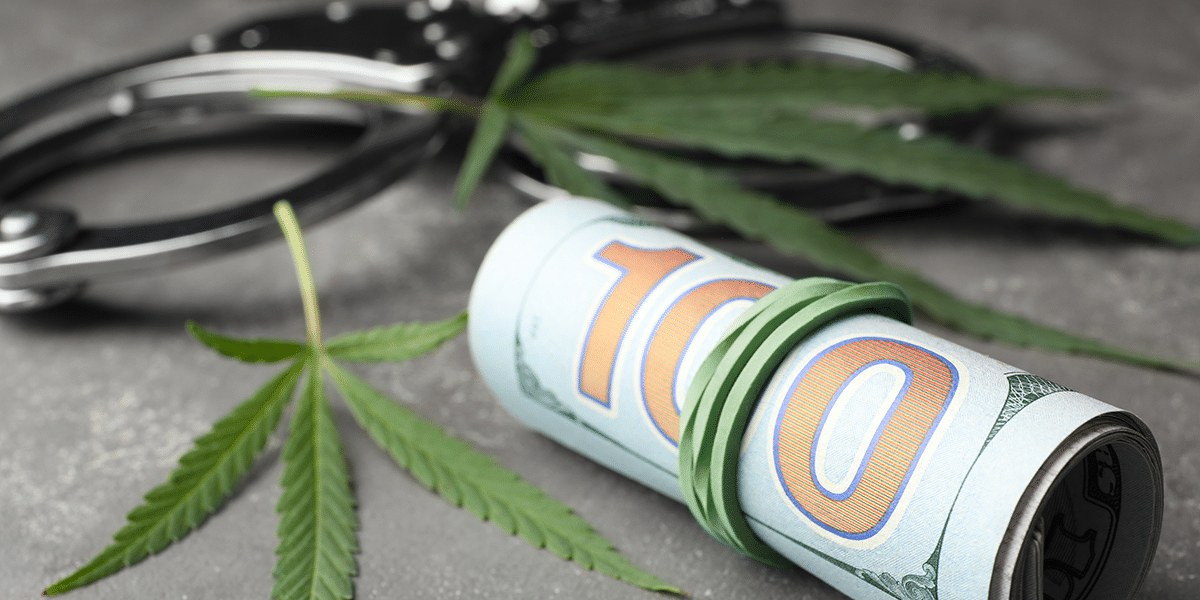
29 Feb Marijuana Arrests After Legalization

The impressive medical properties of cannabis have been a major factor in the push to legalize cannabis. But the importance of social justice, beyond medical access, can’t be overstated.
Since its inception, the drug war has been a ploy for systematizing racism in the criminal justice system. Black youth are arrested at five times the rate of white youth for marijuana infractions. As the liberalization of cannabis laws spreads, it is imperative to address both historical and ongoing policies that harm black and minority communities. It is not enough to lift bans and allow venture capitalist to flood the market, while those who have suffered most under the drug war remain marginalized and sidelined by the “green rush.”
Legalization can, paradoxically, lead to greater prosecution of cannabis penalties, particularly for people aged 18-20. Researchers in Oregon and Washington discussed this topic in the American Journal of Preventive Medicine. Their work analyzed the rate of cannabis offences among youth in the three years before and after Oregon legalized cannabis in 2014. In the years preceding legalization, cannabis infractions had been declining, but this trend ceased entirely after adult possession was permitted. The rate of alleged cannabis infractions actually increased by about 30% after 2014, even though underage use decreased post-legalization.
Racial Disparity in Cannabis Arrests
There’s some good news, however. “Rates for black youth were double that of whites before legalization, and this disparity decreased after legalization,” which meant that black youth were only 25% more likely to be arrested than white youth. (While obviously an improvement, this discrepancy should not exist at all.) Native Americans in Oregon, however, didn’t benefit as much from the changing legal status of cannabis; they were about 2.5 times more likely to be arrested than whites, both before and after legalization.
One notable limitation bears mentioning. The authors compared the rate of allegations towards different ethnic groups, but did not consider the rates of use among these groups. Depending on the demographics of cannabis use, this could bias the results.
The same group of scientists also examined racially motivated stops of adults in Washington in 2019. They found that cannabis legalization in the Evergreen State resulted in a decrease in total arrests, but the Black-White disparity doubled. African Americans are now five times more likely to be arrested than Whites for cannabis possession in Washington.
Source article: Implications of Cannabis Legalization on Juvenile Justice Outcomes and Racial Disparities
Adrian Devitt-Lee, Project CBD’s chief science writer, is pursuing a PhD in math at the University College of London.
Copyright, Project CBD. May not be reprinted without permission.


Sorry, the comment form is closed at this time.